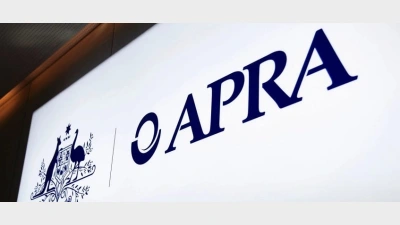Low account balance pre-retirees looking to super funds



Up to a quarter of pre-retirees are as likely to look to their superannuation funds as they are to ask financial planners for retirement income advice, according to the latest research from Investment Trends.
The research, contained in the Investment Trends 2017 Retirement Income Report, also pointed to the likelihood that individuals with superannuation balances of less than $100,000 were likely to seek advice from their super fund rather than from a financial planner.
The research pointed to both the demand for advice emanating from pre-retirees for advice in meeting their retirement goals and the opportunity this presented to superannuation funds and financial planners.
“When seeking help with their retirement goals, Australians are most inclined to turn to a financial planner (33 per cent) or their super fund (25 per cent) for assistance,” according to Investment Trends senior analyst, King Loong Choi.
“Opportunities abound for both financial planners and super funds given the level of interest shown by Australians for further assistance,” he said.
However, he noted that, right now, individuals with super balances of less than $100,000 were just as likely to seek help in achieving their retirement goals from planners as they are to seek help from their super fund.
“However, the story is different among those with a super balance greater than $100,000, where financial planners are significantly more preferred,” Choi said.
Recommended for you
The industry super fund has been ordered to pay $23.5 million after systemic failures caused extensive delays for thousands of insurance claimants.
A new report from the prudential regulator has revealed super funds can act as both a stabilising force and an amplifier of shocks in an interconnected economy.
CFS has expanded usage of its digital advice product to members of its employer super and FirstChoice super accounts.
Superannuation funds are expanding their activities in the advice space and a leading recruitment firm has shared the typical salaries on offer with three funds namechecked for their attractive offerings.









